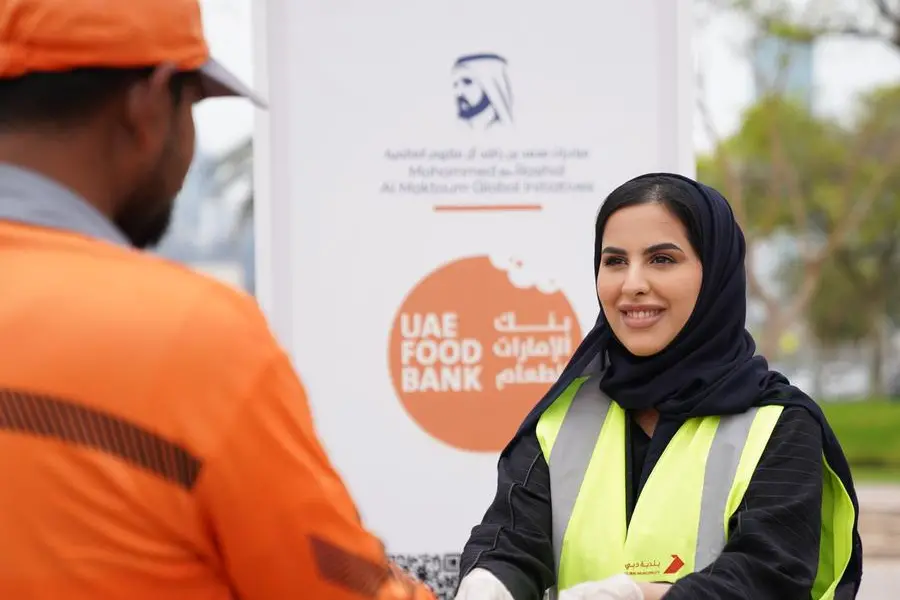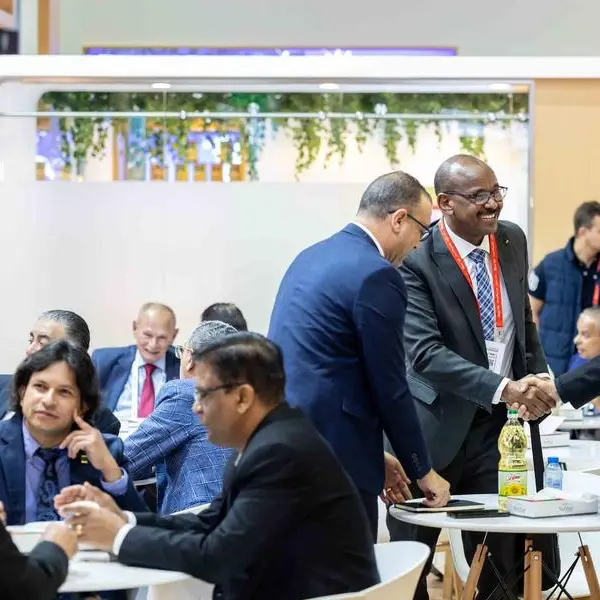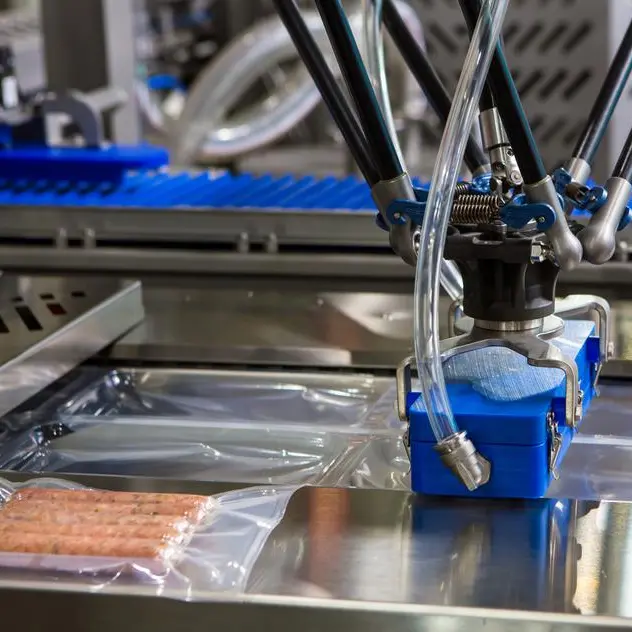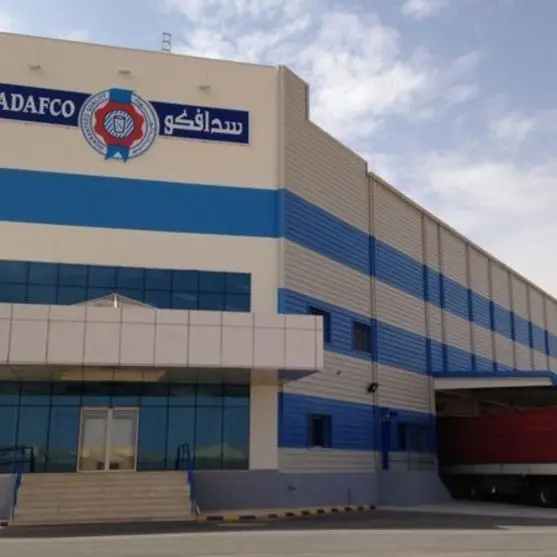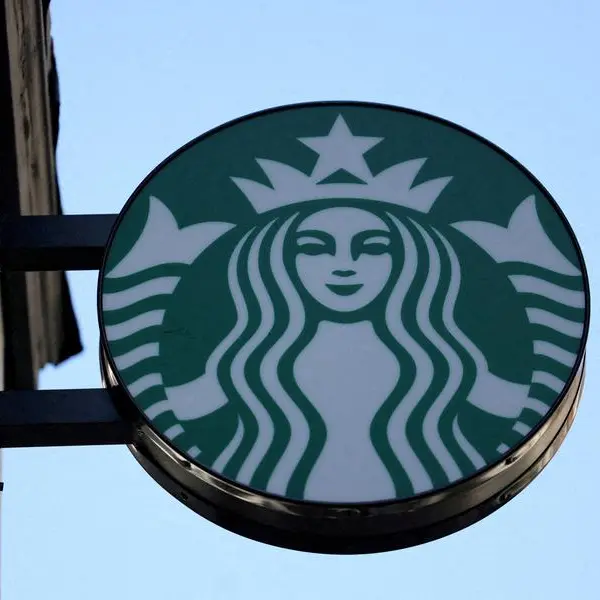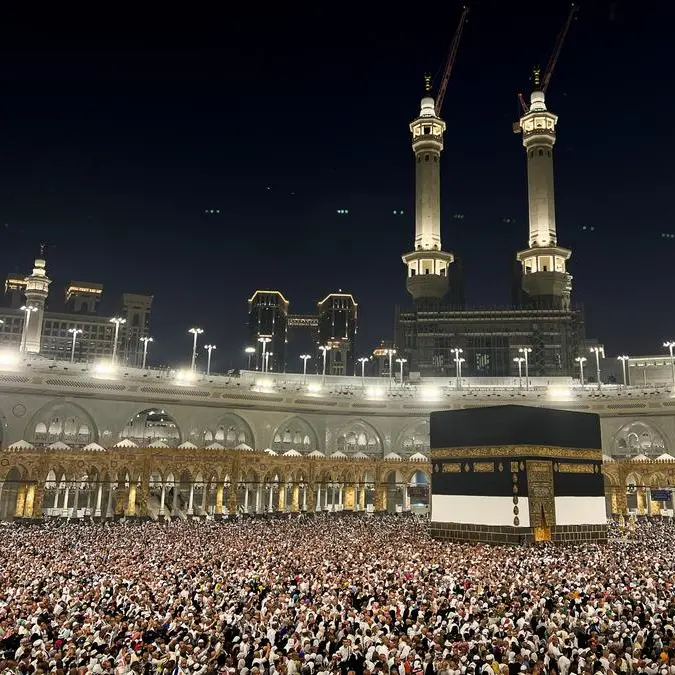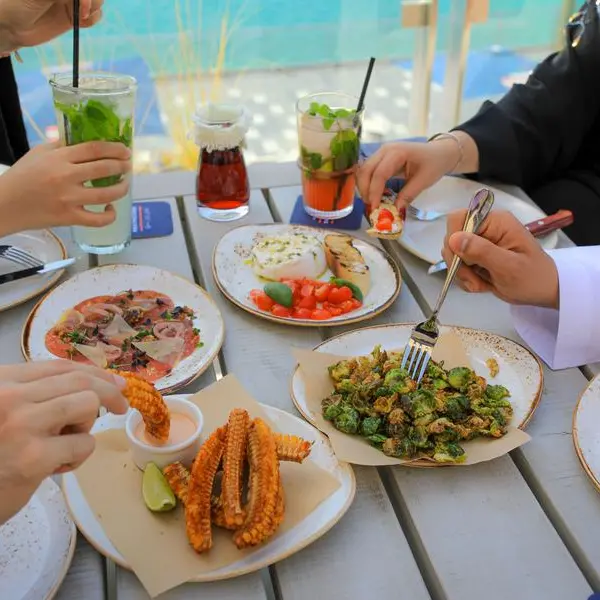PHOTO
DUBAI: The UAE Food Bank, which operates under the umbrella of the Mohammed bin Rashid Al Maktoum Global Initiatives, has launched its strategic plan for the 2023-2027 period.
The strategy aims to promote the values of charity and environmental preservation that underpin the Bank’s activities, and raise the sustainability of its operations through long-term future planning.
The new plan forms part of the implementation of the directives of H.H. Sheikha Hind bint Maktoum bin Juma Al Maktoum, wife of His Highness Sheikh Mohammed bin Rashid Al Maktoum, Vice President, Prime Minister and Ruler of Dubai, and Supreme Chairperson of the UAE Food Bank.
The strategy is also aligned with the UAE’s goals to advance its global leadership in sustainability and food security and the country’s broader strategy to manage food surpluses.
Dawoud Al Hajri, Deputy Chairman of the Board of Trustees of the UAE Food Bank, said, “The strategic plan reflects the Food Bank’s vision of becoming ‘a sustainable and world-leading food bank’ and its mission to plan optimally for managing food surpluses in line with global sustainable development best practices. The strategy is inspired by the vision of His Highness Sheikh Mohammed bin Rashid Al Maktoum, Vice President and Prime Minister of the UAE and Ruler of Dubai, who believes that humanitarian food donations are a manifestation of the highest human values and an embodiment of the spirit of charitable giving in Emirati society. The new strategy also forms part of implementing the directives of H.H. Sheikha Hind bint Maktoum bin Juma Al Maktoum to develop plans to raise the capabilities of the Food Bank to ensure sustainable provision of food to people in need in various parts of the world.”
“The plan will enable the Food Bank to develop an integrated institutional framework to deliver surplus food to beneficiaries locally and globally in a sustainable manner while ensuring high quality and operational efficiency. In addition to strengthening and streamlining operations, the strategy also seeks to promote the values of humanitarianism, sustainability and social responsibility in the corporate world and the broader community,” Al Hajri added.
As part of boosting sustainability, the Food Bank seeks to maintain global best practices in the field by supporting local farmers and expanding strategic partnerships with food establishments, companies and hotels to donate surplus food and reduce wastage.
The plan also aims to advance digital transformation of the Food Bank’s operations to ensure easy access to the largest possible number of beneficiaries and donors. It also seeks to contribute to the growth of the circular economy and environmental sustainability by diverting surplus food from the landfill path and reducing food wastage by 30 percent by 2027.
Covering human, social, environmental and economic dimensions, the new strategy places a high emphasis on fostering social responsibility and volunteerism and raising awareness among community members on how to deal with surplus food. As part of the strategy, the Bank will run awareness programmes in schools and government and private entities on making optimal use of surplus food, reducing its wastage, and preserving the environment.
From 2017, the UAE Food Bank distributed more than 55 million meals to beneficiaries, equivalent to preserving 55,000 tonnes of food that would have been discarded as waste.
The Bank established more than 200 strategic partnerships with food establishments, hotels, restaurants, hypermarkets, central kitchens and charity organisations.
From its launch until the end of last year, it organised more than 290 activities, including campaigns, workshops and awareness programmes aimed at promoting the values of charity and raising the awareness of youth, strategic partners, volunteers and children on the importance of managing surplus food. During the past year, the Bank also established several branches in the country.
The UAE Food Bank also signed five memoranda of understanding (MoU) with regional food banks to exchange expertise, information and experiences and enhance cooperation on preserving surplus food, reducing its wastage, maintaining high health and food safety standards for surplus food, training volunteers on the procedures for storing and preserving surplus food and delivering it to families in need.
During the month of Ramadan this year, the UAE Food Bank's initiatives distributed more than 5.1 million meals to close to half a million families and over 2.6 million workers in the UAE and across the world. More than 720 volunteers contributed to implementing these initiatives.
The Bank also participated in the UAE initiative ‘Bridges of Goodness’ launched to provide relief to those affected by the earthquake in Syria and Turkiye. It also delivered 292.7 tonnes of food to the Emirates Red Crescent as part of campaigns to support people affected by the crisis in Syria and Turkiye.
The UAE Food Bank was also able, through campaigns and in partnership with the private sector, to divert more than 908,000 kg of food from the landfill path, by donating foods that were edible and recycling foods unfit for human consumption. By recycling 367,409 kg of food waste, the Bank’s efforts led to the production of 73 tonnes of fertilisers and the reduction of 2,306,687 kg of carbon emissions, which is equivalent to planting 96,112 trees.
